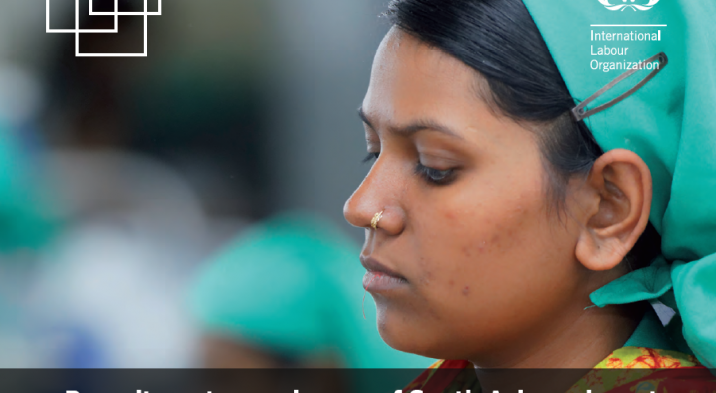
The rapid expansion of Jordan’s garment industry over the past two decades has been accompanied by a large increase in the industry’s migrant workforce. Accompanying this rise in the number of migrants, most of whom are from South Asia, has been the growing use of private employment agencies that specialize in recruiting workers in their countries of origin and facilitating their migration to Jordan to work in the garment factories. This has presented the Jordanian authorities, as well as those in sending countries, with challenges in regulating labour recruitment and particularly preventing recruitment agencies from charging excessive or unauthorized recruitment fees from migrants seeking work in Jordan’s garment factories.
To further explore these issues, the ILO Fundamental Principles and Rights at Work Branch (FUNDAMENTALS), which has been researching recruitment practices in Jordan’s garment industry, recently teamed up with the ILO Better Work Programme to undertake a quantitative survey covering 23 garment factories in that country.In addition, given the limitations of a quantitative survey in investigating recruitment procedures and relationships with third-party labour contractors in migrants’ home countries, FUNDAMENTALS also engaged in a qualitative research effort to gather and analyse the personal stories of migrant workers in Jordan’s garment sector.
The data for the qualitative study was collected between July and October 2015 from 40 in-depth interviews with migrant garment workers from three countries – Bangladesh, Nepal, and Sri Lanka – as well as seven focus groups (including one comprised of local Jordanian workers from the factories) and a large group discussion involving Nepalese migrant workers. Research questions sought to determine the nature of the recruitment process for migrant garment workers in Jordan including whether the workers had been coerced, deceived, and/or paid illegal or otherwise excessive fees to gain employment in the factories. It also examined whether there are significant differences in how migrant workers are treated depending on their country of origin.
For More Information visit the ILO Website: https://www.ilo.org/global/topics/forced-labour/publications/WCMS_638703/lang–en/index.htm
To download the full report click the link below: